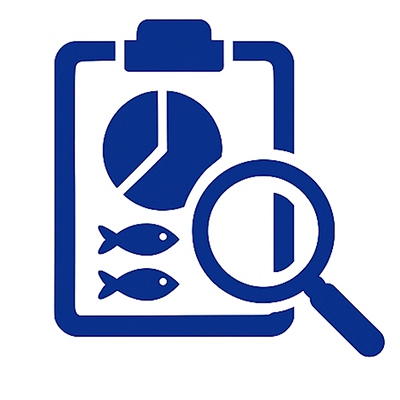
Sea Horses Relevant legislation

Seahorses are a protected species in the UK, and anglers should take care to avoid disturbing them while fishing or when encountered in coastal waters.
Seahorses (UK Recreational Angling)
Legal Protection and Conservation Status
In the UK, seahorses are protected under national and international legislation due to their vulnerable conservation status:
Short-snouted Seahorse (Hippocampus hippocampus) and Long-snouted Seahorse (Hippocampus guttulatus) are both protected under the Wildlife and Countryside Act 1981.
They are listed on the UK Biodiversity Action Plan (UK BAP) as priority species due to their sensitive status.
Seahorses are also protected under the EU Habitats Directive, which provides additional safeguarding for species of special conservation concern.
Do Not Disturb
While seahorses are incredibly rare to encounter while angling, if one is spotted, it is vital that no harm is done:
Do not touch or disturb seahorses in any way. Handling can cause harm, especially to their delicate tails and gill structures.
If you are fishing in seagrass meadows or kelp forests, habitats where seahorses are most commonly found, take extra care to avoid disturbing these fragile ecosystems.
Best Practices and Recommendations
Even though seahorses are rarely encountered by recreational anglers, it’s important to be aware of best practices if you come across one while fishing:
Report sightings: If you spot a seahorse, consider reporting it to local conservation groups such as the Marine Conservation Society (MCS) or Seahorse Trust. Reporting sightings helps with monitoring and protection efforts.
Do not attempt to handle the seahorse or remove it from its natural environment. Seahorses rely on camouflage and can be easily stressed by human contact.
Respect marine habitats: Avoid damage to seagrass beds and other habitats where seahorses reside. These habitats are crucial for not only seahorses but many other marine species.
If fishing near seagrass, be aware that heavy fishing gear or anchors can damage seagrass meadows and disturb the habitat of seahorses. Use eco-friendly anchor systems to avoid damaging the seabed.
Habitat and Distribution
Seahorses are typically found in shallow coastal waters, particularly in areas with seagrass beds, kelp forests, and muddy or sandy seabeds.
In the UK, seahorses are most commonly found off the coasts of Cornwall, Devon, and South Wales.
They are also found around Scotland, although these populations tend to be less abundant.
Conservation Context
Seahorses are vulnerable to overfishing, habitat destruction, and climate change. The destruction of their seagrass habitats due to boat anchors, dredging, and pollution is a particular threat. Additionally, the collection of seahorses for the live aquarium trade has further depleted their numbers.
By avoiding disturbance and reporting sightings, recreational anglers can help protect these extraordinary creatures and support ongoing conservation efforts.
Our Services

Marine Planning - Angler Engagement and Consultancy:
Helping marine licence applicants secure stakeholder support by meaningfully engaging the UK’s recreational sea angling community.

Dedicated Consultation Representation & Advocacy:
Professional consultation responses that give coastal communities and interest groups a stronger voice in marine decision-making.

Angling Market Integration & Product Development:
Helping marine brands and events successfully connect with the UK’s thriving recreational sea angling sector.


YourAnglingVoice is a trading name of National Fishing Voucher, company number: 15931819.Registered address: 27 Jasmine Way, Weston-super-mare, BS24 7JW